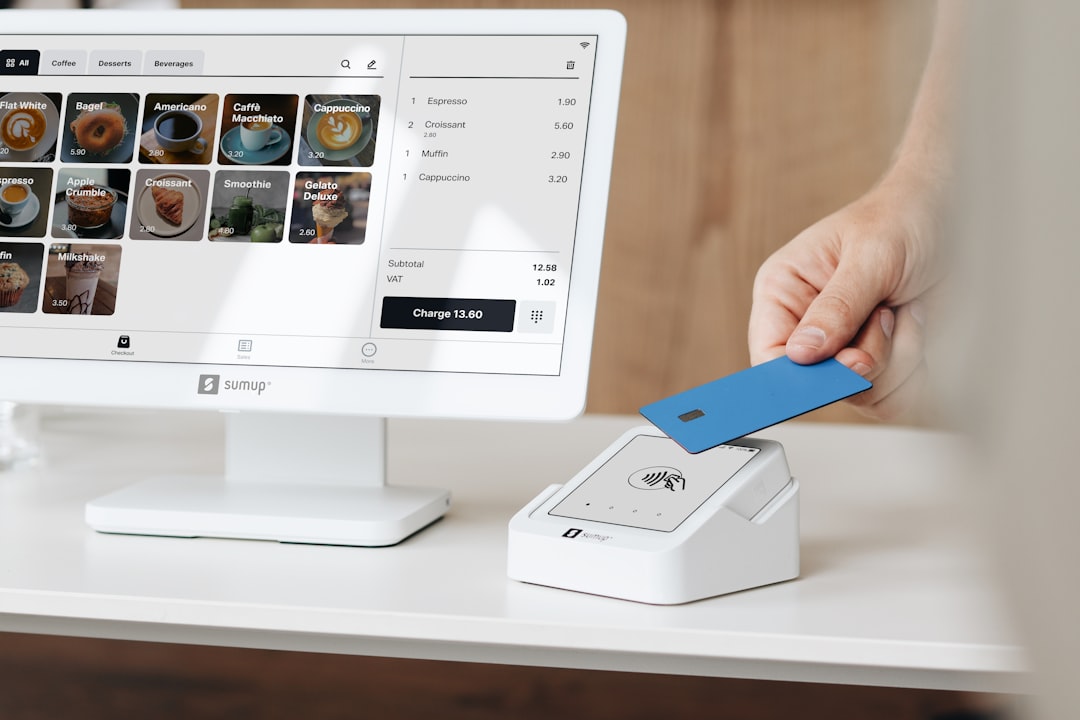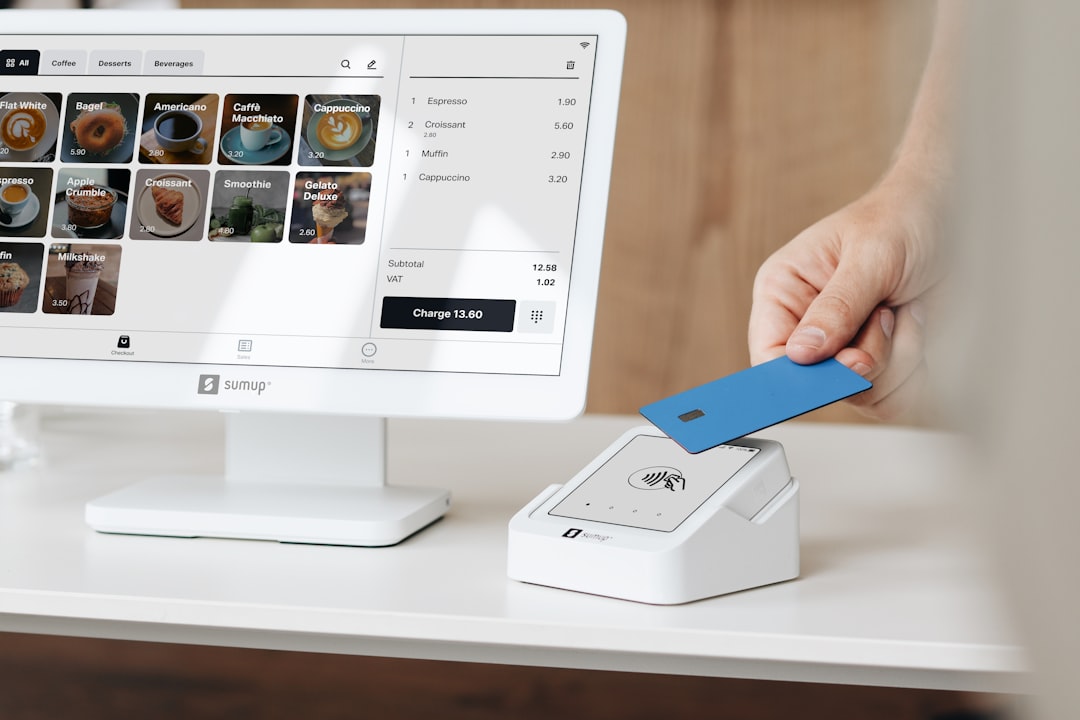New Orleans is tackling a robocall epidemic through educational programs that inform residents about their rights under Louisiana law, empowering them to stop and report unwanted automated calls. These initiatives aim to create a safer communication environment, especially considering the city's diverse cultural makeup. Success is measured through call volume reduction, complaint rates, consumer awareness surveys, and legal outcomes, including cases where individuals successfully sued for robocalls in Louisiana. The Telephone Consumer Protection Act (TCPA) restricts such calls without prior explicit consent, allowing harmed parties to seek damages of up to $1,500 per violation by suing for robocall intrusion.
“In the ever-evolving digital landscape of New Orleans, robocall education initiatives have emerged as a critical tool for community engagement. This article delves into the effectiveness of these programs, offering insights into their impact on local residents. We explore ‘Understanding Robocall Education Initiatives in New Orleans’ and delve into ‘Measuring Success: Metrics and Methods for Evaluation’. Furthermore, the legal angle is addressed, specifically regarding ‘Can I Sue For Robocalls in Louisiana?’. By examining these aspects, we aim to provide a comprehensive guide to assessing and navigating this modern communication challenge.”
Understanding Robocall Education Initiatives in New Orleans

In recent years, New Orleans has been grappling with the issue of robocalls, which have become a significant nuisance for many residents. Robocall education initiatives aim to mitigate this problem by raising awareness about the legal rights of citizens and providing practical steps to combat unwanted automated calls. These initiatives often include public outreach programs, workshops, and online resources that educate New Orleanians on how to stop robocalls, report them, and understand their legal protections under Louisiana law, including the possibility of suing for robocalls if rights are violated.
The effectiveness of these educational efforts lies in empowering locals to take proactive measures against robocallers. By understanding their rights and learning strategies to block or report spam calls, residents can contribute to a safer, less disruptive communication environment. In New Orleans, where cultural diversity adds complexity to consumer protection efforts, tailored education initiatives are crucial in ensuring that all communities are equipped to handle the challenges posed by robocalls, including exploring legal avenues such as Can I Sue For Robocalls Louisiana.
Measuring Success: Metrics and Methods for Evaluation

Measuring the success of robocall education initiatives requires a multifaceted approach. Key performance indicators (KPIs) should include call volume reduction, complaint rates, and consumer awareness surveys to gauge understanding and satisfaction with educational efforts. By analyzing data on both incoming robocalls and consumer feedback, stakeholders can identify effective tactics and areas for improvement.
For instance, tracking the number of blocked or discarded calls over time can demonstrate a decline in unwanted robocalls, indicating successful consumer education. Additionally, evaluating the impact through legal channels is crucial; monitoring cases where individuals successfully sued for robocalls in Louisiana can provide insights into the deterrence and compensation measures taken by consumers. These methods collectively offer a comprehensive evaluation framework to optimize robocall mitigation strategies in New Orleans.
Legal Aspects: Can I Sue For Robocalls in Louisiana?

In Louisiana, as in many states, robocalls are regulated to protect consumers from unsolicited and intrusive phone marketing. The Telephone Consumer Protection Act (TCPA) prohibits automated or prerecorded calls to cellular phones without the caller’s prior express consent. While there are exceptions for certain types of organizations, such as political campaigns and non-profit groups, individuals and businesses must generally obtain explicit permission before making robocalls.
If you believe you’ve received unwanted robocalls in Louisiana, you may have legal recourse. You can file a complaint with the Federal Trade Commission (FTC) or your state attorney general’s office. Additionally, private citizens can sue for damages under the TCPA. The potential for financial compensation can range from $500 to $1,500 per violation, making it a significant incentive for those harmed by robocalls to take action.






